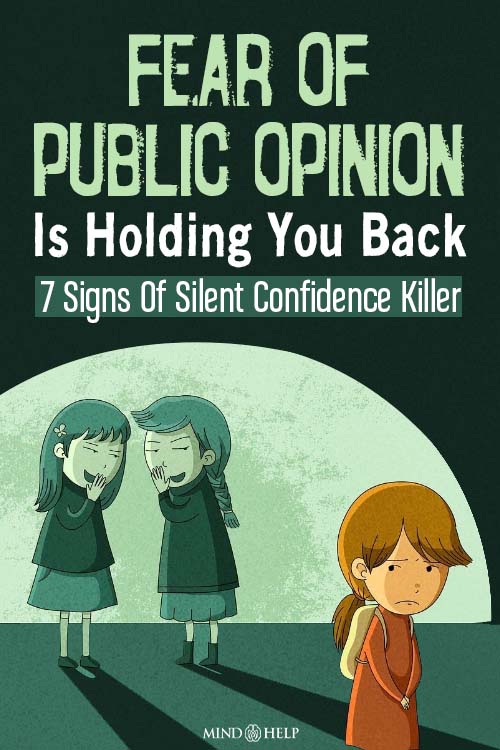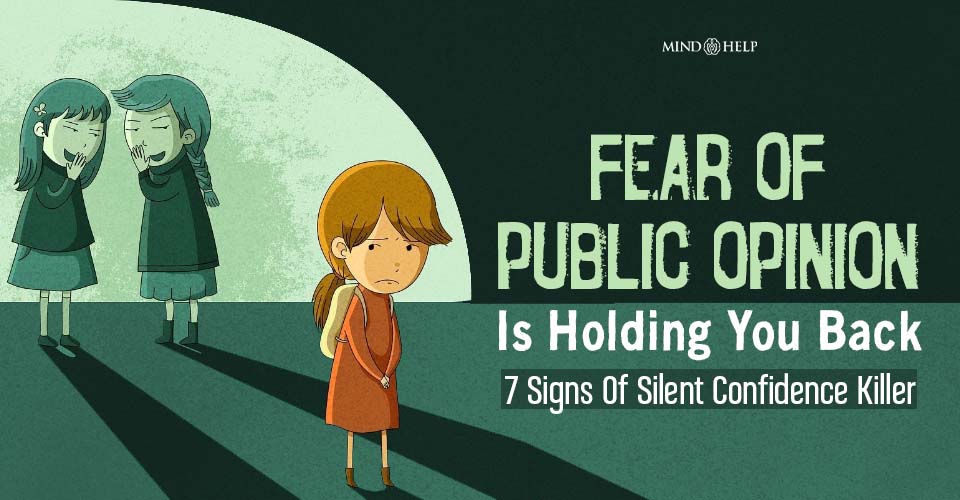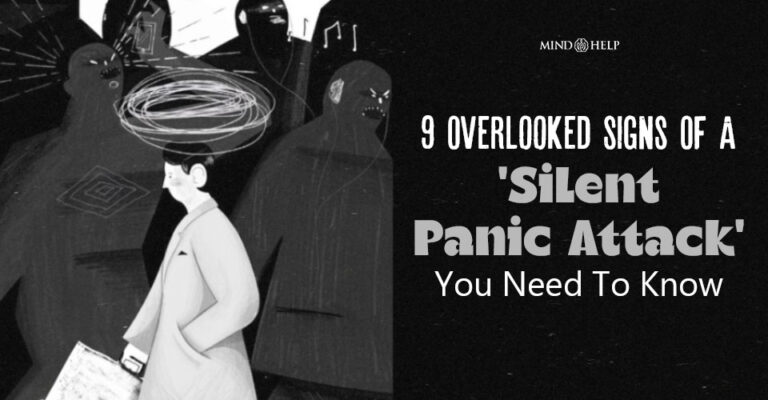Ever had a brilliant idea but kept it to yourself? Bit your tongue in a meeting? Softened your opinion just to play it safe? This second-guessing has a name: FOPO, fear of public opinion. And it’s sneakier (and more powerful) than you think! So let’s explore more about this!
FOPO, or the Fear of Public Opinion, is far more widespread and devastating than you might think. This subtle, powerful force can influence your choices, diminish your profile, and even prevent you from fully expressing your true self. It’s sneaky in its subtle manner and may fool you into thinking that all you’re really doing is “playing it safe” or being “cautious.”
What Is FOPO, Really?

FOPO is a psychological pattern where people alter their behavior, suppress their voice, or avoid action to dodge disapproval, criticism, or rejection from others. The term was popularized by Dr. Michael Gervais, a psychologist who discovered that even top athletes, CEOs, and creatives struggle with this fear in silence.
While FOMO (Fear of Missing Out) drives people toward action in order to fit in, FOPO has the opposite effect, it freezes you. It makes you second-guess yourself, edit your personality, and abandon your authenticity just to maintain perceived social harmony.
Over time, this kind of self-censorship can erode your confidence and rob you of opportunities, not because you weren’t good enough, but because you were too afraid to show up fully.
Read More Here: 7 Signs You’re Addicted To Praise And Need For Approval
Why Do We Care So Much About What Others Think?
The fear of public opinion is wired into our survival instincts. For thousands of years, humans needed to belong to a group to survive. Being accepted meant safety. Being rejected meant isolation, which often meant death.
Even though we no longer live in tribes fighting off saber-toothed predators, our brains haven’t fully caught up. We still equate social disapproval with danger, and we adapt our behavior accordingly, even when it comes at the cost of our own identity.
Add in the modern pressures of social media, performance culture, and constant comparison, and it becomes more than just a fear, it becomes a way of life.
How FOPO Shows Up in Everyday Life: 7 Signs You Might Have It
The fear of public opinion is so prevalent that you don’t have to have crippling anxiety or stage fright to be affected. It often manifests in subtle ways and is overlooked. So, here are some signs you might be operating under its influence:
- You hold back your opinions in group settings, even when you know you’re right.
- You delay decisions because you’re imagining how others might respond.
- You tone down your personality or style to avoid standing out.
- You constantly rehearse conversations in your head to “get it right.”
- You find it hard to say “no”, even when something doesn’t serve you.
- You apologize frequently, even for things outside your control.
- You avoid sharing your work, ideas, or creativity out of fear of being judged.
It’s not just about what you don’t do. This condition can subtly shape the entire way you live, from the clothes you wear to the career path you choose.
How To Overcome the Fear of Public Opinion
The good news? You don’t have to live your life on mute. FOPO is a pattern, and like any pattern, it can be disrupted and rewired. Here’s how to begin:
1. Notice It in Real Time
Awareness is the first step toward undoing the autopilot response.
When you hesitate before sharing your thoughts, ask yourself:
“Am I doing this for me, or to avoid disapproval?”
2. Shift the Question
This simple shift pulls you out of fear and into alignment with your own values.
Instead of asking “What will they think?” ask:
“What do I think? What matters to me?”
3. Normalize Being Seen
One of the most powerful ways to break FOPO is to allow yourself to be seen, imperfections and all. You’ll be surprised how liberating it feels!
So, whether it’s expressing an opinion, sharing a vulnerable story, or showing up as your real self, practice letting go of the need to curate yourself.
4. Build Your Boldness Muscle
Courage isn’t something you wait for, it’s something you build through repetition.
Start small:
- Post something you care about online, even if it’s not “perfect.”
- Say what you really think in the next meeting.
- Assert a boundary.
5. Curate Your Inputs
If you’re constantly surrounded by criticism, judgment, or comparison traps, being afraid of what others say will thrive.
Be intentional about your emotional environment. The less external noise you absorb, the louder your own voice becomes.
So:
- Take breaks from social media.
- Limit contact with hyper-critical people.
- Spend more time around those who celebrate authenticity.
Read More Here: Fighting, Crying, Regretting? 4 Ways To Control Emotional Hijacking Before It Wrecks Your Relationships
You Don’t Need Everyone’s Approval, Just Your Own!
FOPO may be invisible, but it’s not harmless. Left unchecked, it can quietly limit your life, your joy, and your potential.
But it doesn’t have to stay that way.
You weren’t made to mold yourself to fit other people’s expectations. You were made to create, speak, lead, and live, not because everyone approves, but because you do. So say the thing, share the idea. Take the risk. The world doesn’t need another carefully curated version of you, it needs the real one.








